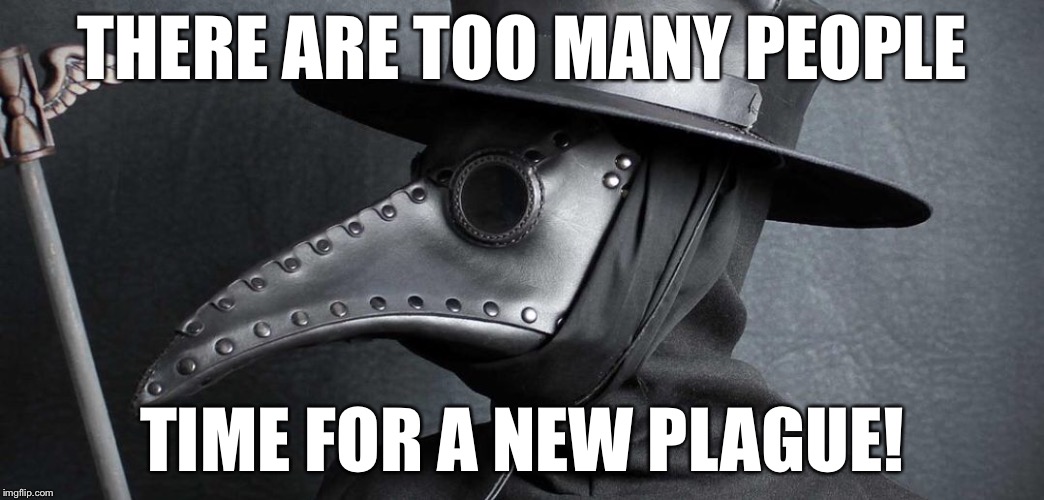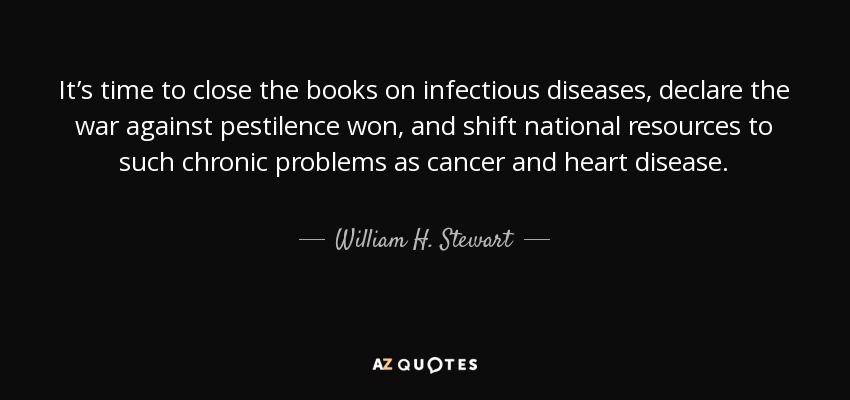

Here he modifies the impression of a superhuman with devoted perseverance. Rieux has so successfully convinced us of his physical and mental strength, neglecting his personal complaints, that he sometimes loses a sense of human individuality. The narrator reveals several unexpected reactions of his own - unexpected because he is usually reticent about his personal life and unexpected because they are confessions of his feelings of loss. Tarrou loses the colorful diversity that was in his early notebooks. Rambert continues to maintain some hope for escape. This lethargic state of mind lulls Grand into sentimentality he talks of Jeanne more often and feels deeper remorse.

Rieux uses, as an analogy, soldiers held under continual fire and strain. Even the October rains do not cleanse the town of its hold and the townspeople continue to exist for the moment at hand, but see their present without a context. The lethargy refuses to lift itself from Oran. As a contrast, Cottard, from Tarrou's notebook sketches, is presented, still happy and smiling. The second half of the chapter is quite different. Rieux's responses to the exhausting spiritual and physical fatigue. The first half of Chapter 19 describes more fully the drugged state of general despondency, and brings us up to date on the principal characters. After recording the particulars of Oranian burials in a complete chapter, in fact in a complete section, Rieux now takes up the situation of those who were living during the period of lethargy.


 0 kommentar(er)
0 kommentar(er)
